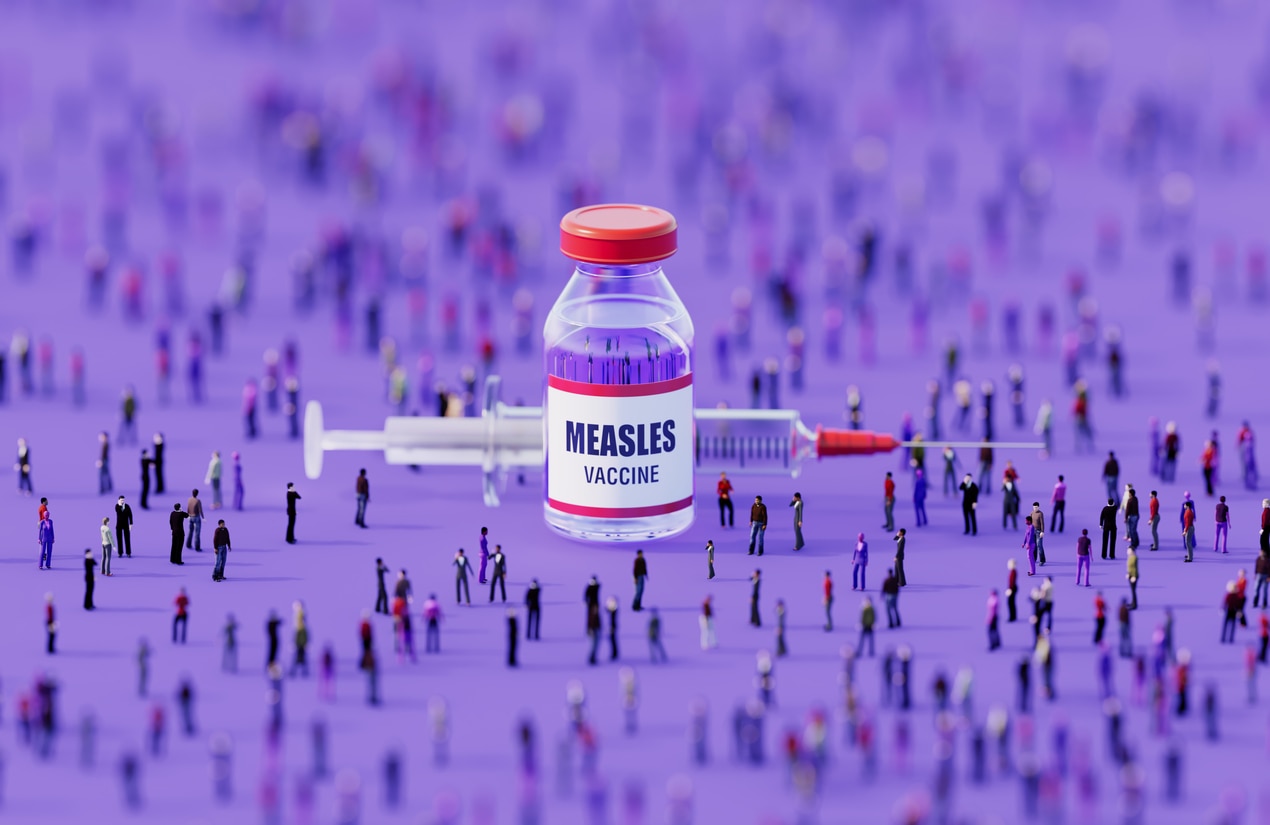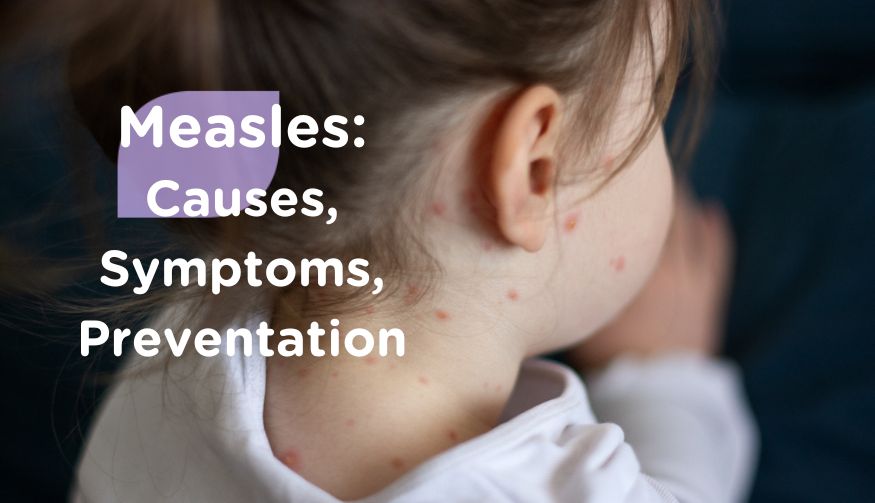Measles is not just a childhood illness; it’s a highly contagious viral infection that poses serious health risks to individuals of all ages. Understanding measles—its causes, symptoms, and how to prevent it—can empower us to protect ourselves and our loved ones. Here is everything you need to know about measles to stay informed and healthy.
What causes Measles?
Measles is caused by the measles virus, which is part of the paramyxovirus family. It spreads primarily through respiratory droplets when an infected person coughs or sneezes. You can also contract the virus by touching contaminated surfaces and then touching your face. Measles is incredibly contagious. It can remain in the air or on surfaces for up to two hours after an infected person has left the area.
Symptoms of Measles

Symptoms usually appear 10 to 12 days after exposure and can include:
- High Fever: It can reach up to 104°F (40°C).
- Cough: A dry cough may develop alongside the fever.
- Runny Nose: Nasal congestion and a runny nose are common.
- Red Eyes: Conjunctivitis (red, irritated eyes) may occur.
- Koplik Spots: These are small white spots that can appear inside the mouth, usually a few days before the rash.
- Rash: A red, blotchy rash typically starts on the face and spreads to the rest of the body, usually appearing around 14 days after exposure.
If you or someone you know experiences these symptoms, especially after being around an infected person, it’s crucial to seek medical attention immediately.
Prevention Tips
Preventing measles is largely about vaccination and maintaining good hygiene. Here are some effective tips:

- Vaccination: The MMR (measles, mumps, rubella) vaccine is highly effective. Ensure you and your children are vaccinated according to the recommended schedule.
- Hygiene Practices: Wash your hands regularly with soap and water. Use hand sanitiser when soap isn’t available.
- Avoid Close Contact: If there’s an outbreak in your area, minimize close contact with others, especially those who are unvaccinated or have weakened immune systems.
- Stay Informed: Keep an eye on local health advisories and vaccination clinics. Being informed helps you stay one step ahead.
- Educate Others: Share information about measles prevention with friends and family. Awareness can help reduce the spread of misinformation and encourage vaccination.
Measles may seem like a disease of the past, but it remains a significant health risk, especially for unvaccinated individuals. Remember, vaccination is the best defence against measles, so ensure you and your loved ones are up to date on your immunizations.








